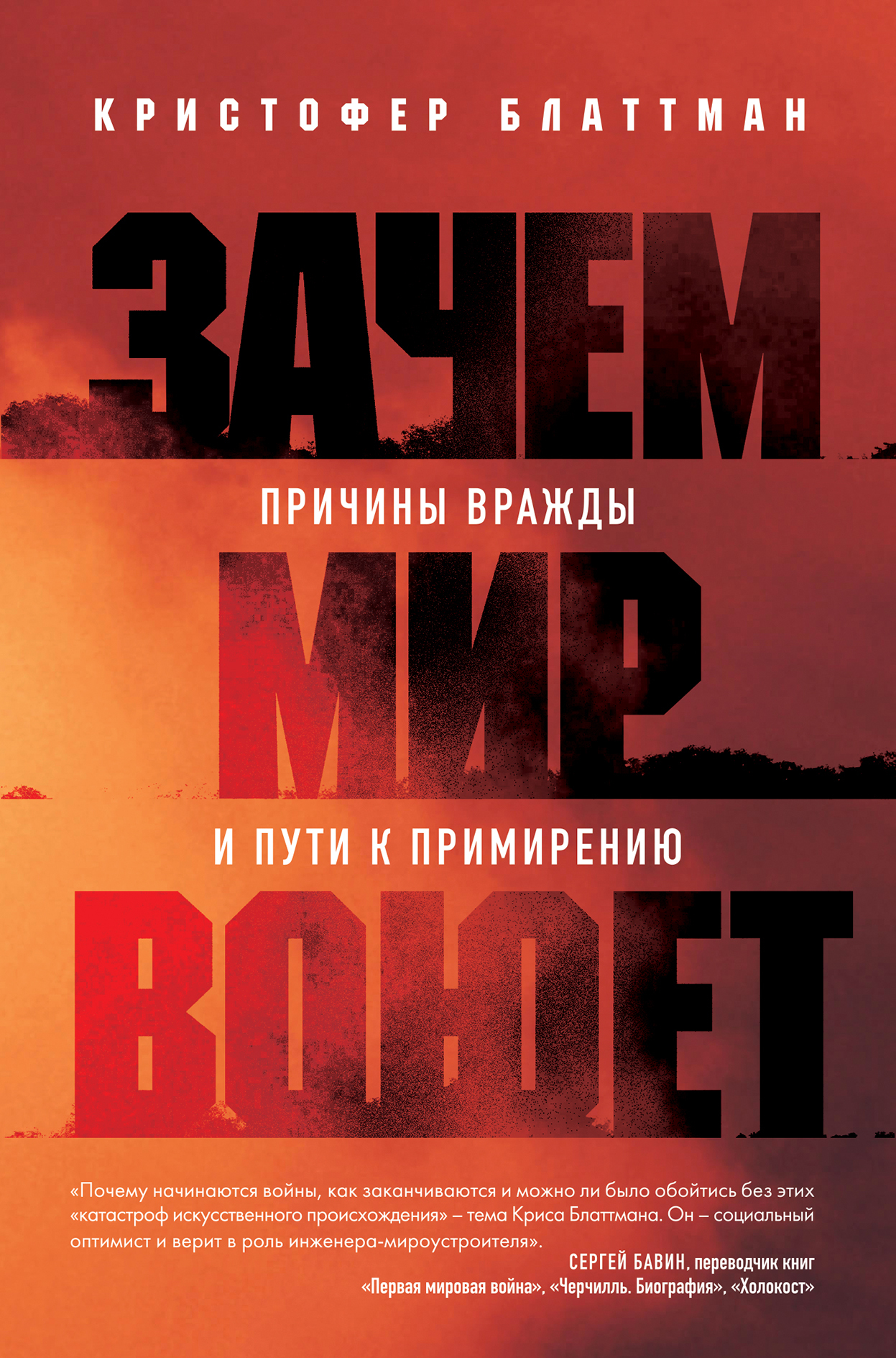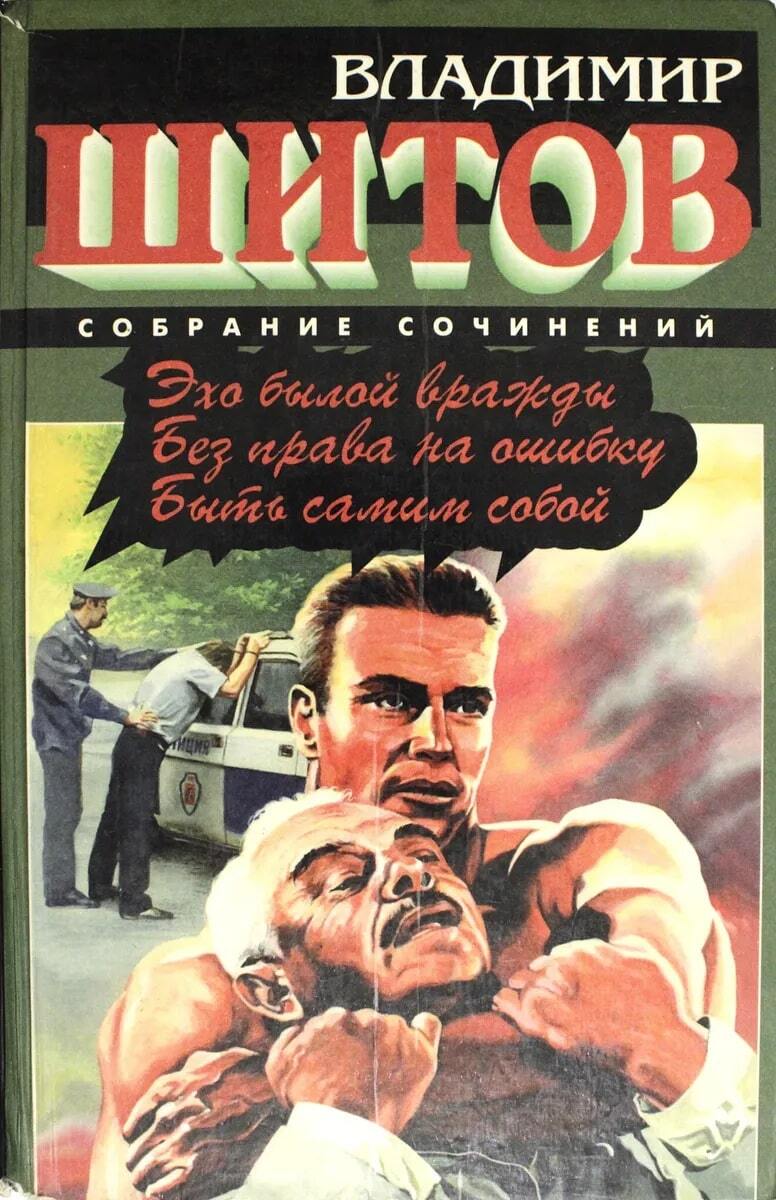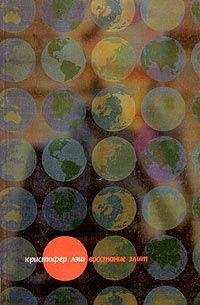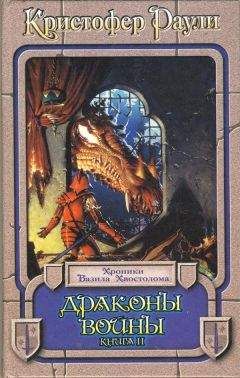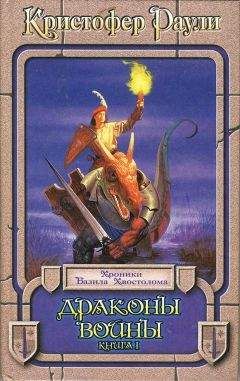“The Bias Blind Spot: Perceptions of Bias in Self versus Others.” Personality and Social Psychology Bulletin 28 (3): 369–381.
Quinn, J. Michael, T. David Mason, and Mehmet Gurses. 2007. “Sustaining the Peace: Determini ants of Civil War Recurrence.” International Interactions 33 (2): 167–193.
Rabin, Matthew. 1993. “Incorporating Fairness into Game Theory and Economics.” American Economic Review 83 (5): 1281–1302,
–. 2002. “A Perspective on Psychology and Economics,” European Economic Review 46 (4–5): 657–685.
–. 2004. “Behavioral Economics.” In New Frontiers in Economics, edited by Michael Szenberg and Lail Ramrattan, 68-102. Cambridge: Cambridge University Press.
Ramsay, Kristopher W. 2017, “Information, Uncertainty, and War.” Annual Review of Political Science 20 (1): 505–527.
Ray, Debraj. 2009. “Costly Conflict under Complete Information,” Working paper.
Reagan, Ronald. 1982, “Address at Commencement Exercises at Eureka College in Illinois, May 9, 1982,” Public Papers of the Presidents of the United States 1: 585.
Reno, William. 1999. Warlord Politics and African States, Boulder: Lynne Rienner,
Restrepo, Pascual. 2015. “The Mounties and the Origins of Peace in the Canadian Prairies.” Working paper,
Ricks, Thomas E. 2006. Fiasco: The American Military Adventure in Iraq. New York: Penguin Books.
Ripley, Amanda. 2021. High Conflict: Why We Get Trapped and How We Get Out. New York: Simon & Schuster,
Rittel, Horst W., and Melvin M. Webber. 1973. “Dilemmas in a General Theory of Planning.” Policy Sciences 4 (2): 155–169.
Rodrik, Dani. 2007. One Economics, Many Recipes: Globalization, Institutions, and Economic Growth, Princeton: Princeton University Press.
Roessler, Philip. 2016. Ethnic Politics and State Power in Africa: The Logic of the Coup – Civil War Trap. Cambridge: Cambridge University Press.
Rohner, Dominic. 2018. “Success Factors for Peace Treaties: A Review of Theory and Evidence.” Working paper.
Rohner, Dominic, and Alessandro Saia. 2020. “Ballot or Bullet: The Impact of UK’s Representation of the People Act on Peace and Prosperity.” Working paper,
Rohner, Dominic, and Mathias Thoenig. 2021. “The Elusive Peace Dividend of Development Policy: From War Traps to Macro-Complementarities." Annual Review of Economics (13)1: 111–131.
Rohner, Dominic, Mathias Thoenig, and Fabrizio Zilibotti. 2013. “War Signals: A Theory of Trade, Trust, and Conflict,” Review of Economic Studies 80 (3): 1114–1147.
Roland, Gerard. 2000. Transition and Economics: Politics, Markets, and Firms. Cambridge: MIT Press.
–. 2004. “Understanding Institutional Change: Fast-Moving and Slow-Moving Institutions.” Studies in Comparative International Development 38 (4): 109–131.
Rosecrance, Richard N. 1986. Rise of the Trading State: Commerce and Conquest in the Modern World. New York: Basic Books.
Rosecrance, Richard N., and Steven Miller, eds. 2014, The Next Great War?: The Roots of World War I and the Risk of U.S.-China Conflict. Cambridge: MIT Press.
Ross, Lee. 1990. “Recognizing the Role of Construal Processes.” In The Legacy of Solomon Asch: Essays in Cognition and Social Psychology, edited by Irvin Rock, 77–96. Marwah: Lawrence Erlbaum Associates.
–. 2013. “Perspectives on Disagreement and Dispute Resolution: Lessons from the Lab and the Real World.” In The Behavioral Foundations of Public Policy, edited by Eldar Shafir, 108-25. Princeton: Princeton University Press.
Ross, Lee, and Richard E. Nisbett. 2011. The Person and the Situation: Perspectives of Social Psychology. London: Pinter & Martin.
Ross, Michael L. 2001. Timber Booms and Institutional Breakdown in Southeast Asia. Cambridge: Cambridge University Press.
–. 2008. “Blood Barrels: Why Oil Wealth Fuels Conflict.” Foreign Affairs 87 (3): 2–8.
–. 2012, The Oil Curse: How Petroleum Wealth Shapes the Development of Nations. Princeton: Princeton University Press.
Russett, Bruce, Christopher Layne, David E. Spiro, and Michael W, Doyle. 1995. “The Democratic Peace.” International Security 19 (4): 164–184.
Russett, Bruce, and John Oneal. 2001. Triangulating Peace: Democracy, Interdependence, and International Organizations. New York: W.W. Norton.
Sadka, Joyce, Enrique Seira, and Christopher Woodruff. 2020. “Information and Bargaining through Agents: Experimental Evidence from Mexico’s Labor Courts.” National Bureau of Economic Research, Working Paper 25137.
Safford, Frank, and Marco Palacios. 2002. Colombia: Fragmented Land, Divided Society. Oxford: Oxford University Press.
Sambanis, Nicholas. 2004. “What Is Civil War? Conceptual and Empirical Complexities of an Operational Definition.” Journal of Conflict Resolution 48 (6): 814–858.
Sanchez de la Sierra, Raul. 2020. “On the Origins of the State: Stationary Bandits and Taxation in Eastern Congo.” Journal of Political Economy 128 (1): 32–74.
San fey, Alan G., James K. Rilling, Jessica A. Aronson, Leigh E. Nystrom, and Jonathan D. Cohen. 2003. “The Neural Basis of Economic Decision-Making in the Ultimatum Game,” Science 300 (5626): 1755–1758,
Sapolsky, Robert M. 2017. Behave: The Biology of Humans at Our Best and Worst, New York: Penguin Press,
Saunders, Elizabeth N. 2017, “No Substitute for Experience: Presidents, Advisers, and Information in Group Decision Making.” International Organization 71 (SI): S219-S247,
Sawyer, Amos. 1992. The Emergence of Autocracy in Liberia: Tragedy and Challenge, San Francisco: ICS Press,
–, 2004. “Violent Conflicts and Governance Challenges in West Africa: The Case of the Mano River Basin Area,” Journal of Modern African Studies 42 (3): 437–463.
–. 2005. Beyond Plunder: Toward Democratic Governance in Liberia, Boulder: Lynne Rienner,
Scacco, Alexandra, and Shana S. Warren. 2018, “Can Social Contact Reduce Prejudice and Discrimination? Evidence from a Field Experiment in Nigeria,” American Political Science Review 112 (3); 654–677,
Schaffer, Frederic Charles. 2000. Democracy in Translation: Understanding Politics in an Unfamiliar Culture. Ithaca: Cornell University Press,
Scheidel, Walter. 2018, The Great Leveler: Violence and the History of Inequality from the Stone Age to the Twenty-First Century. Princeton: Princeton University Press,
Schelling, Thomas C. I960. The Strategy of Conflict. Cambridge: Harvard University Press.
–. 2020, Arms and Influence, New Haven: Yale University Press,
Schemo, Diana Jean, 1997, “Colombia’s Death-Strewn Democracy,” New York Times, July 24, 1997, sec. A.
Schub, Robert. 2015. “Are You Certain? Leaders, Overprecision, and War,” Working paper,
Scott, James C. 1998, Seeing Like a State: How Certain Schemes to Improve the Human Condition Have Failed, New Haven: Yale University Press,
–. 2010. The Art of Not Being Governed: An Anarchist History of Upland Southeast Asia. New Haven: Yale University Press.
Seabright, Paul. 1999. “The Aestheticising Vice,” London Review of Books, May 27, 1999.
Selway, Joel Sawat. 2011. “Cross-Cuttingness, Cleavage Structures and Civil War Onset.” British Journal of
